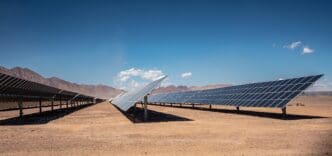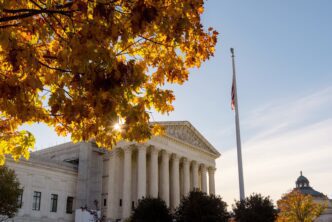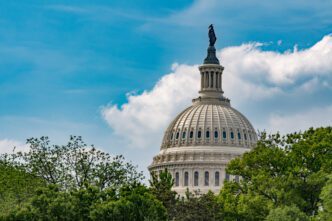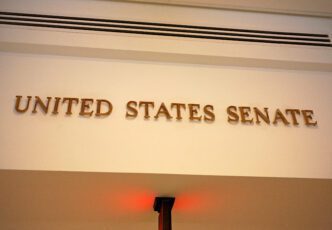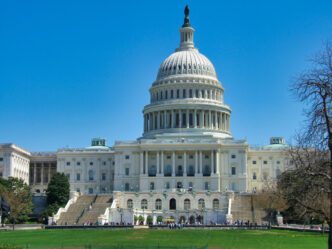Executive Summary
The Story So Far
Why This Matters
Who Thinks What?
The Trump administration has quietly canceled the Esmerelda 7, a vast collection of seven solar projects in rural Nevada that was poised to become the nation’s largest solar installation. The project, which aimed to generate up to 6.2 gigawatts of energy—enough to power 2 million homes—had been moving through federal permitting under the Biden administration. The abrupt cancellation, reported last week, has sparked confusion and concern among both Republican and Democratic politicians, as well as developers.
Project Details and Cancellation
The Esmerelda 7 project was designed to utilize 118,000 acres of federal land in Nevada’s desert for solar arrays and battery storage. Its completion was expected to add a significant amount of power to the electrical grid, addressing growing demand from AI-related data centers and residential needs.
The Interior Department’s Bureau of Land Management changed the project’s status to “canceled” on its federal permitting webpage. An Interior Department spokesperson stated that the status change was part of “routine discussions” with developers to “change their approach” and was not related to any ongoing government shutdown.
Developers now have the option to submit individual project proposals to the BLM. However, this process could significantly prolong approval timelines, as environmental impact analyses often take months or years. There is also the potential for the federal government to cancel individual projects.
Political and Environmental Reactions
The cancellation drew rare bipartisan criticism. Utah’s Republican Governor Spencer Cox posted on X, stating, “This is how we lose the AI/energy arms race with China,” and emphasized the need for solar with batteries to supplement other power sources.
Nevada’s two Democratic senators, Catherine Cortez Masto and Jacky Rosen, urged Interior Secretary Doug Burgum to clarify the project’s future. Senator Cortez Masto criticized the Trump administration’s “lack of transparency,” while Senator Rosen highlighted the potential “dire effects on our economy” given Nevada’s leadership in solar energy.
While the project had received support from the Biden administration, it faced opposition from some conservation groups and local residents. Erik Molvar, executive director of the Western Watersheds Project, expressed concerns that the sheer size of the solar arrays would negatively impact critical desert wildlife habitats, including those of desert tortoises and Joshua trees.
NextEra Energy, one of the developers involved, affirmed its commitment to pursuing the project. Company spokesperson Neil Nissan stated that they “will continue to engage constructively” with the Bureau of Land Management.
Broader Context of Trump’s Energy Stance
The cancellation aligns with President Trump’s broader skepticism toward renewable energy. His administration has previously targeted wind projects through stop-work orders and cancellations, and has created additional hurdles for solar projects in federal review.
Earlier this year, President Trump and congressional Republicans effectively eliminated tax credits for wind and solar projects by dramatically shortening the timeline for developers to claim them. An independent analysis by the think tank Energy Innovation suggested that ending these tax credits would further increase U.S. household energy bills over the next decade.
President Trump has publicly voiced his strong disapproval of wind and solar energy. In an August post on Truth Social, he stated, “We will not approve wind or farmer destroying Solar,” labeling renewables as “the scam of the century.”

